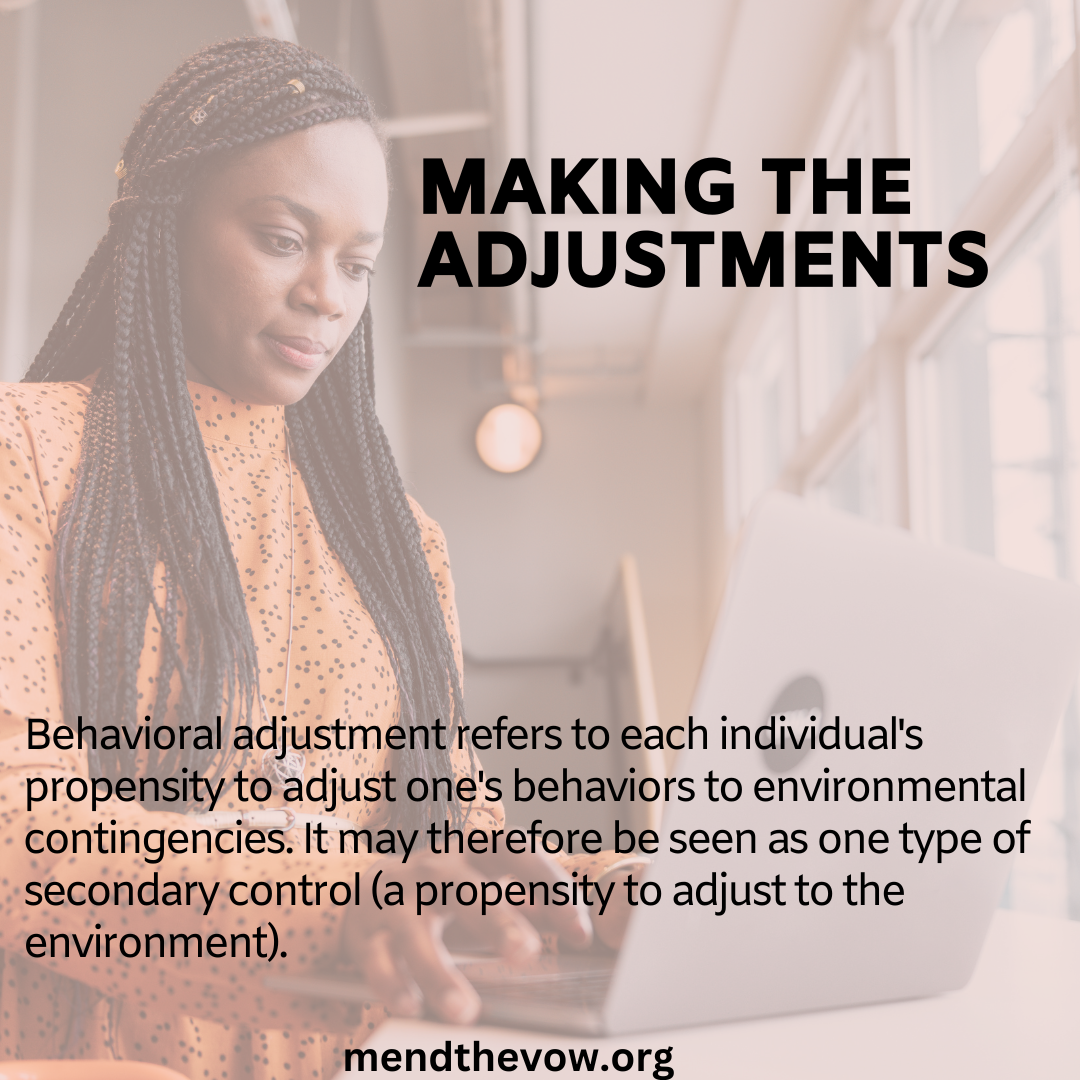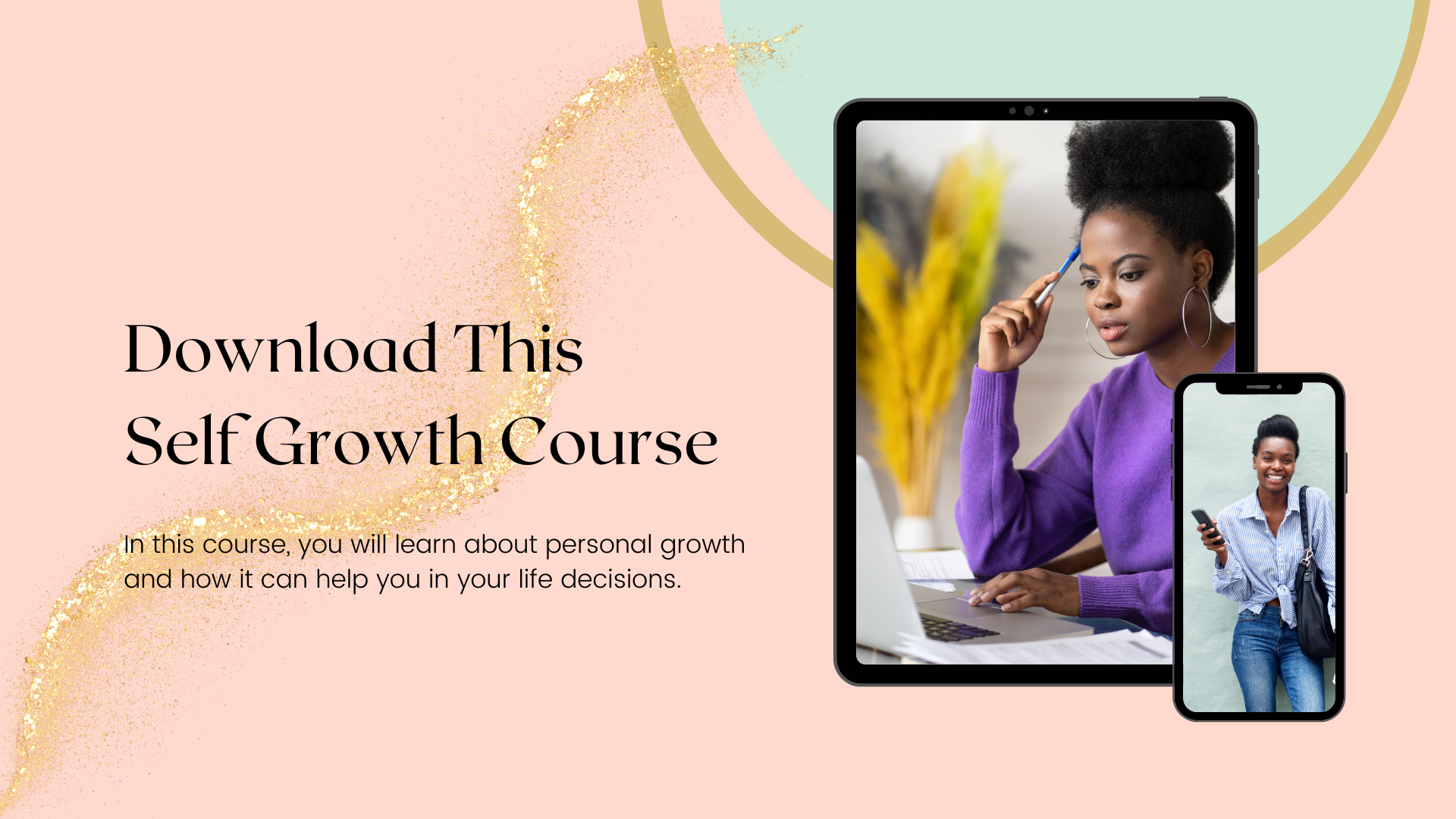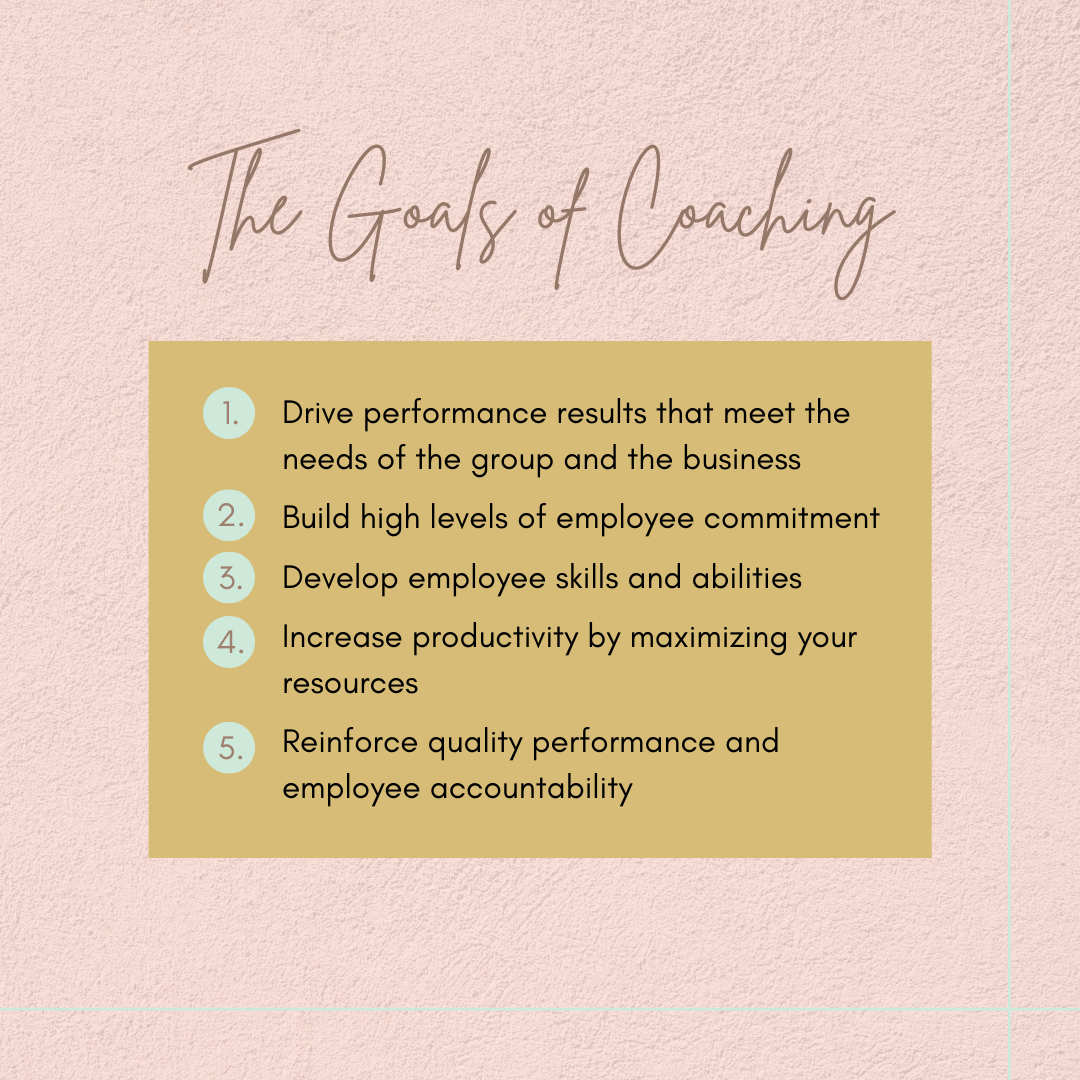
Obadiah 1:3
”The pride of thine heart hath deceived thee, thou that dwellest in the clefts of the rock, whose habitation is high; that saith in his heart, Who shall bring me down to the ground?“
Obadiah 1:3 KJV
Sometimes the most complex things about the mind is to believe what not directly in front of them. While the heart ♥️ fails to see the misconception of love, and the connection that feels familiar. Why is it so important to know the difference between love, and affection?
Love is a touchy subject when it comes to to the disbelief, and the dumbfounded ways it’s looked. At by those that are in it alone. People that give their heart initially often feel the betrayal of the undivided trap of no reciprocation. The effort to release your mind, and heart from a person, and heal is likely a 20 % chance once you notice the detachment phase starting to creep inside your day to day.
There’s a narrative that is collected from people that play the director of your hear. They leave you with a sense of distance, and disappointment, and a huge amount of despair while maintaining a I didn’t place your have in this area.

Deuteronomy 11:16”Take heed to yourselves, that your heart be not deceived, and ye turn aside, and serve other gods, and worship them;“
Deuteronomy 11:16 KJV
Why does God require our mind, and our hearts to always remain in a place where it’s reachable unto Him?
There are a lot of factor for this, and one of them can be plan as day. God doesn’t want anything, or anyone placed before him. When you think about it we as a body rush into everything but we slow step when it comes to God.
Let’s move our focus to Exodus 20:5
”thou shalt not bow down thyself to them, nor serve them: for I the LORD thy God am a jealous God, visiting the iniquity of the fathers upon the children unto the third and fourth generation of them that hate me;“
Exodus 20:5 KJV
God should out rank any and everything that is attached within your life. He does not want anything to house a space where He can not have full access to.
What you’ll find is temporary relief when you try to fill a void due to the lack of love found in your life.

The true meaning behind this theory can be found in the missing pieces of God in your life. God is certain about the journey that you are on, and He is also aware of how you feel, and what your desires are for your personal life, but again does it line up with His will for your life, and if it does not you have to rely on the Holy Spirit to get you through the letting go of it all phase.
I want everyone to consider where your heart is locked away at, and how long you have kept it there. How much times has it taken you to sit there in that pain and feel the intention of your last movement in wanting to be in a place where you are not moving forward in.
Now that you have given this some thought, and you have estimated the time spent in that psychical place.
Why do you feel stuck? And most importantly what is keeping you there? It’s important to navigate through these tough choices, and rely solely on God to get you through this time of departure where your heart is concerned.
If you are in a position where the heart is aching, and the mind is searching for a place to fill a temporary void than your looking in the wrong direction.
God is not here to have your heart bleeding, and or having you in a place of restriction all because you fumbled your heart into the hands of someone that could not lead it.
There is always time for God to heal your heart while redirecting your mind to get off the love land adventures and come to Him, and sit, and allow Him to dig out all those abandoned place that you traveled to on your own.
There is another question that I want to pose to you, and I want you to think about this one long and hard before you cycle a answer you probably already given once or twice in your life regarding the movement of your heart, and why you placed it in the hands of the wrong person.
What made you rush into love?
You have to be very mindful of the enemies plans,, and his concepts that can be feed to you while your in an unstable place in your life, and in the way that you view the heart that you have.
I often learned that love is costly, and love can be a dangerous place to be in alone. Te devil knows what you like, and what he will send is a distraction, and it could feel right, and be so misleadingly wrong.
The love of your life is God first, and everything after that is just an add value that can bring an extension of peace, and happiness to your life.
There is no greater feeling like the love of the Father, and there is no love like the love of a heart that is in the same measure of love with them as they are to you.
































